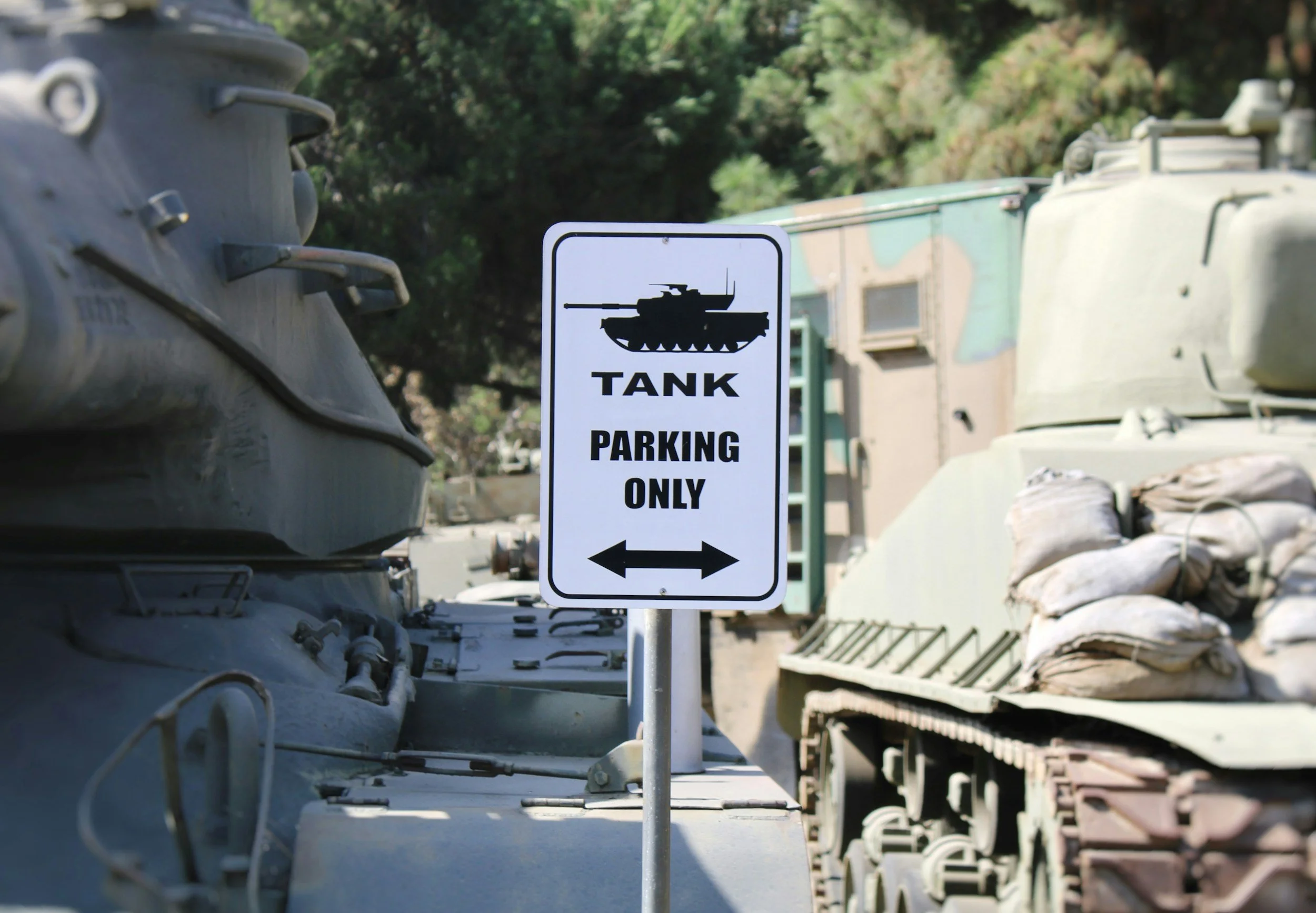
Frank The Tank: Understanding Powerlessness and Control Illusions in Alcoholism
This self-assessment draws inspiration from the "Frank the Tank" scene in "Old School" to help individuals in recovery identify, understand, and develop effective responses to the fundamental characteristics of alcoholism as described in Alcoholics Anonymous literature. Will Ferrell's transformation from reluctant participant to "Frank the Tank" provides a vivid, accessible illustration of core alcoholic phenomena including the illusion of control, the phenomenon of craving, and the mental obsession that precedes the first drink.
The brilliance of using this cinematic moment as a recovery teaching tool lies in its ability to make abstract concepts concrete and relatable. Frank's rapid descent from "just one drink" to complete loss of control mirrors the experience of countless individuals who discover that their relationship with alcohol operates according to different rules than normal drinking. This transformation perfectly illustrates what the Big Book describes as the "allergy" to alcohol, not a true allergy in medical terms, but a fundamentally different reaction that makes controlled drinking impossible once consumption begins.
The scene's educational value extends beyond entertainment to provide a framework for understanding essential recovery concepts. Frank's initial resistance followed by rapid capitulation demonstrates the complex relationship between willpower and powerlessness. His complete personality transformation after that first drink illustrates how alcoholism affects not just drinking behavior but fundamental aspects of personality, judgment, and decision-making capacity.
This assessment explores how you might be experiencing your own version of "Frank the Tank" patterns and helps you identify the subtle and not-so-subtle ways that alcoholism manifests in thinking and behavior. Like Frank's obliviousness to the consequences of his transformation, individuals with alcoholism often develop blind spots regarding their relationship with alcohol that require honest examination and ongoing vigilance to address.
The assessment examines various dimensions of alcoholic patterns—from control illusions and craving phenomena to denial systems and mental obsession. There are no right or wrong answers; the goal is to promote honest reflection about the nature of alcoholism and identify areas where greater awareness and stronger recovery practices can provide protection against the return to drinking.
